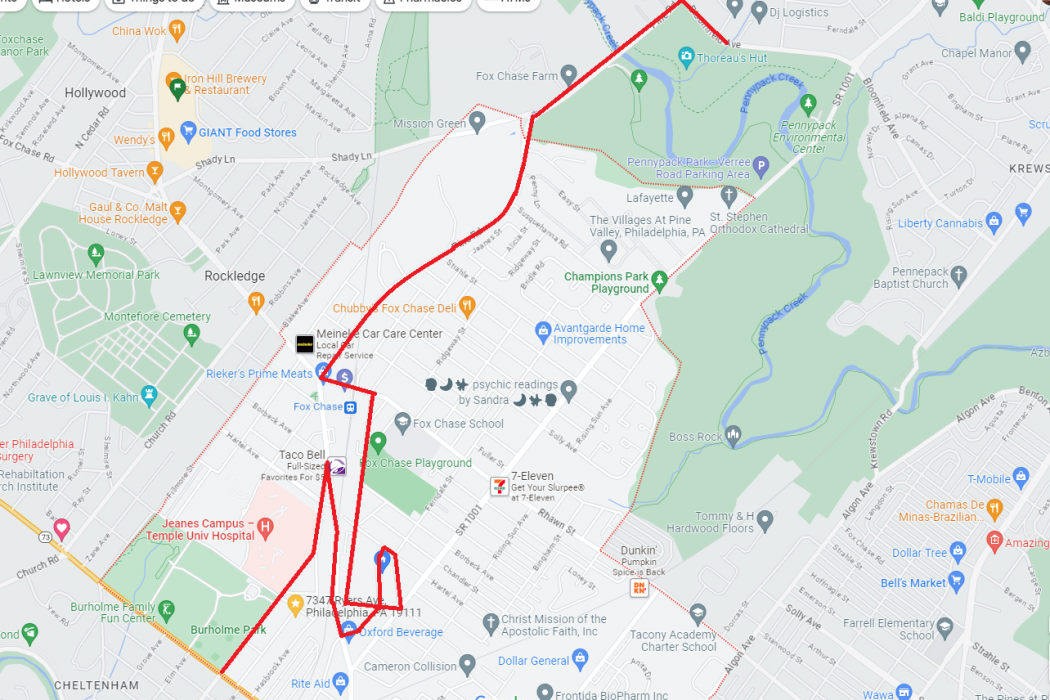PHILADELPHIA–The Health Department’s Vector Control staff is planning to apply a larvicidal treatment for mosquito control early Wednesday morning, August 30, before dawn, in Northeast Philadelphia. See the map below for specific locations.
This spray is part of a state-funded program to reduce the number of mosquitoes in areas that have had West Nile Virus-positive mosquitoes in past years, as part of continued multi-layer mosquito control activities. Every mosquito season, the Health Department works to reduce the number of mosquito larvae by treating sewer inlets and encouraging residents to dump standing water, monitors for West Nile Virus-positive mosquitoes, and occasionally sprays to kill adult mosquitoes.
Video footage of the truck-mounted spraying done during daylight hours can be found on the Health Department’s YouTube channel.
Certain mosquito species carry West Nile virus. That virus can cause West Nile encephalitis, which is an infection that can result in inflammation of the brain. People should take precautions to avoid being bitten by mosquitoes. Many mosquitoes are most active at dusk and dawn. Be sure to use insect repellent with an EPA registered active ingredient and wear long sleeves and pants or consider staying indoors during these hours.
Residents can help eliminate mosquito-breeding areas around the home by:
- Removing things that can catch and hold water, like trash, can, plastic containers, or pots.
- Drilling holes in the bottom of outdoor trash cans and recycling containers.
- Turning over plastic baby pools at the end of the day.
- Removing old tires.
- Having clogged roof gutters cleaned; roof gutters can produce millions of mosquitoes each season.
- Changing the water in birdbaths frequently.
- Cleaning and chlorinating swimming pools; a swimming pool left untended by a family on vacation for a month can produce enough mosquitoes to result in a neighborhood-wide problem.
You can prevent being bitten by mosquitoes by:
- Making sure screens fit tightly over doors and windows to keep mosquitoes out of your home.
- Wear long-sleeved shirts, long pants and socks when outdoors, especially at dusk and dawn, when mosquitoes are most active.
- Use insect repellents according to the manufacturer’s instructions. An effective repellent will contain DEET, picaridin, or oil of lemon eucalyptus.
- Consult with a pediatrician or family physician about the use of repellent on children. (Repellent is not recommended for children under the age of two months.)
For more information about West Nile virus and the state’s surveillance and control program, go to www.westnile.state.pa.us. For questions of the West Nile Virus program or to report mosquito infestations in Philadelphia, call 215-685-9000.

